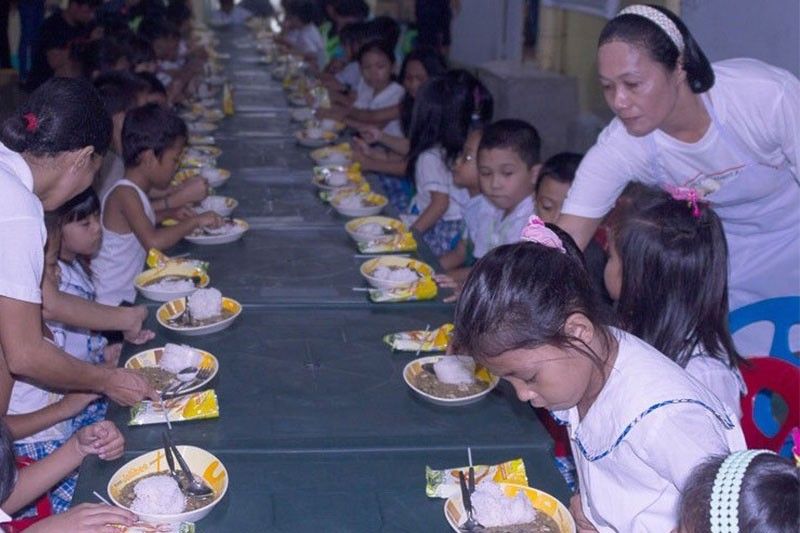Over 150T kids in Central Visayas benefit from feeding program

CEBU, Philippines — With the aim to improve the nutritional status of preschoolers, the Department of Social Welfare and Development in Central Visayas (DSWD)-7 has fed a total of 150,637 children aged two to five years old from the 130 local government units across the region.
The DSWD's Supplementary Feeding Program (SFP) has completed 120 feeding days on its cycle 14.
This program began on August 15, 2024 and concluded last December 12, 2024, it provided hot meals and ready-to-ear food supplemented by milk.
Each child beneficiary was allocated with ?15 per day just so they can receive nutritious meals during school hours. The foods supplied were all sourced from local suppliers such as farmers and dairy groups.
The meals provided were in accordance to the Pinggang Pinoy Model consisting the three essential go, grow, and glow food groups. Food is served in the form of hot meals and ready-to-eat food, with milk to supplement the daily three-meal consumption of children and help address the incidence of malnutrition among preschoolers.
The program's focal person Romilene Padilla noted its significance on the children's health.
"Our team is deployed in different areas to monitor the weight and height of the children and see if there improvements in their nutritional status," said Padilla.
Aside from the meals, SFP also put an initiative in providing educational activities focusing on nutrition and hygiene.
Meanwhile DSWD-7 regional director Shalaine Marie Lucero urged LGUs to come up and implement local initiatives that would surely extend the benefits of SFP.
Data in 2023 showed that SFP reported a good indicator in its implementation with 116 LGUs achieving at least 85% boost in the nutritional status of the beneficiaries.
The Agtugop Child Development Center in Asturias Town, Cebu, is one of the feeding centers with 40 beneficiaries. Day-care worker Leonilyn Tingal said SFP has benefited her learners as it gives nutrition to the children apart from the food they eat at home, and their parents no longer have to buy snacks because of the feeding in the center.
She said that children become healthier and engaged more in their learning and play activities as the children’s energy levels and focus have improved, and they are more encouraged to come to school because they look forward to the free meals.
The DSWD-7 said low-income families face nutritional challenges because food resources are insufficient. In addition, it said that the lack of regular and nutritious meals at home will result in undernourishment and poor concentration in schools.
SFP ensures that pre-school children in the crucial developmental years receive additional meals while attending school.
In Asturias, from 22 child development centers in 2019, they now have 31 because of the increased population of pre-school children.
Argao municipal social welfare and development officer Marianee Gabriel said that this shows that parents are acknowledging the importance of early childhood care.
“They are encouraged to send their children to school knowing that aside from learning, they will be given nutritious food,” she added.
In response to the improvement, LGU Asturias gave each day-care center a weighing scale to complement the height board received from the SFP. — (FREEMAN)
- Latest

























